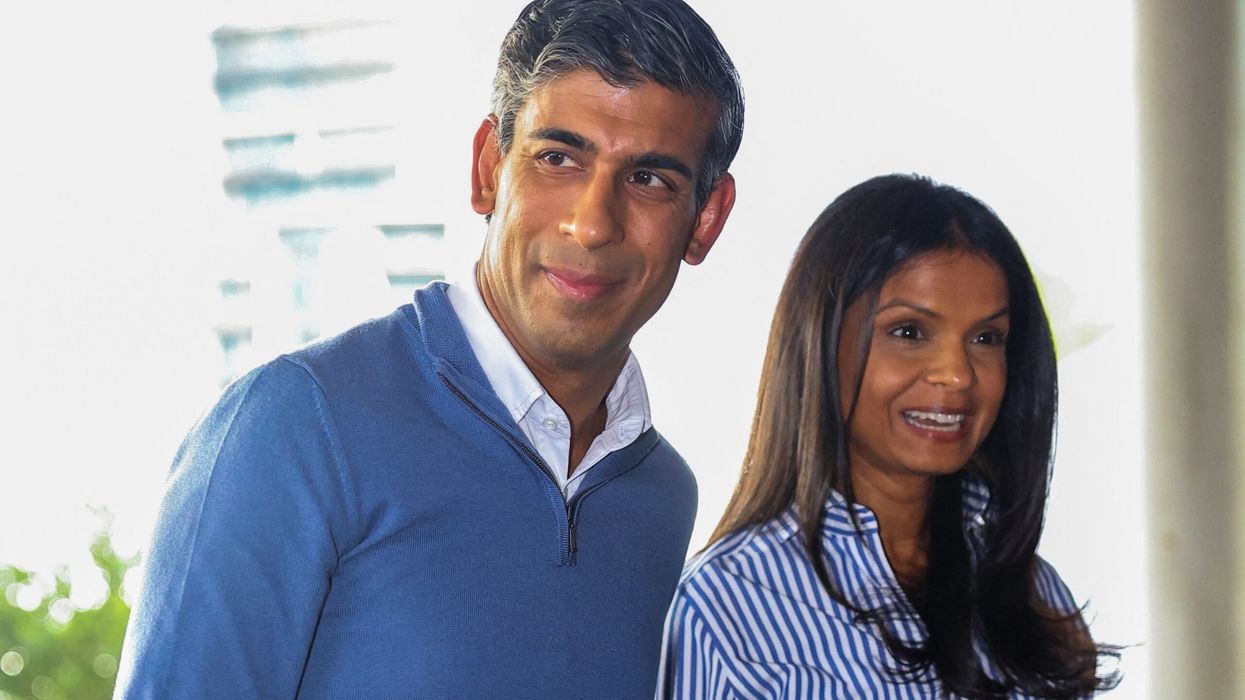FORMER prime minister Rishi Sunak on Sunday (29) urged his Tory party to "learn the lessons" of their crushing election defeat as it gathered to begin electing a new leader.
The four-day meeting in Birmingham, central England, comes three months after the Tories were ousted from power by Labour, with Keir Starmer taking over as prime minister.
"This is our first conference in opposition since 2009," Sunak wrote in parliament's The House magazine.
"We need to learn the lessons of our defeat: we did not get everything right in government –- no government ever does –- and we do now need to reflect on that," he wrote.
The party last met in opposition 15 years ago -- a year before David Cameron set them on their way to 14 years of consecutive but chaotic rule, marked by austerity, Brexit, the Covid pandemic and infighting.
The get-together saw four candidates audition in front of parliamentary colleagues and grassroots members as they bid to replace Sunak as the next Tory leader.
Kemi Badenoch, Robert Jenrick, James Cleverly and Tom Tugendhat made pitches from the stage and faced questions from the floor in the main hall at the International Convention Centre in Britain's second-largest city.
Immigration will be one of the policy areas they will be grilled on.
Conservative Party MP and leadership candidate, James Cleverly, and his wife Susannah react on the day of Conservative Party's annual conference in Birmingham, Britain, September 29, 2024. REUTERS/Toby MelvilleThe subject was a major election issue in the July ballot, when the Tories lost critical votes to Nigel Farage's anti-immigration Reform UK party.
Setting out his stall, front-runner and former immigration minister Jenrick pledged a cap "cast in iron" on immigration.
"The age of mass migration must end. It's placing immense pressure on housing, on public services and on community cohesion," he told Sky News's Sunday Morning with Trevor Phillips.
Jenrick's nearest rival, Badenoch, said immigration was something the country needed to "get right".
"Numbers matter... culture matters. If we want to have a well-integrated society, we need to make sure that we have a shared culture and a shared identity," she told Sky.
Tory MPs will vote next week to determine the final two candidates. Party members will then select the winner in a ballot that closes at the end of October.
Britain's new opposition leader -- and the person tasked with reuniting the party before the next elections -- will be announced on November 2.
Whoever is chosen will determine whether the party tacks further to the right or seeks to regain the centre ground following the Tories' worst-ever general election result on July 4.
Kemi Badenoch greet people as she arrives at Conservative Party's annual conference in Birmingham, Britain, September 28, 2024. REUTERS/Toby MelvilleLabour won a whopping 174-seat majority in the 650-seat UK parliament. The Tories lost 251 seats to return just 121 MPs, the lowest number in their history.
That capped a stunning downfall from the previous election in 2019, when the Tories won an 80-seat majority under Boris Johnson, mainly on a promise to "get Brexit done".
The party unravelled in spectacular fashion. Several scandals, not least Downing Street staff partying during coronavirus lockdowns, forced Johnson from office.
His successor, Liz Truss, then lasted just 49 days due to her mini-budget, which tanked the pound and spooked markets.
Sunak, brought in to steady the ship, was unable to reverse the slide and his 20 months in office were marred by factional infighting.
After the election, he announced he would step down once a successor had been chosen.
The party faces a dilemma: should it focus on winning back voters who defected to Farage's hard-right party, or aim to regain the support of those who switched to the centrist Liberal Democrats?
The party as a whole has drifted rightwards in recent years, but Badenoch and Jenrick are seen as the more right-wing of the candidates, with Cleverly and Tugendhat nearer the centre.
The conference ends on Wednesday (2).
(AFP)





